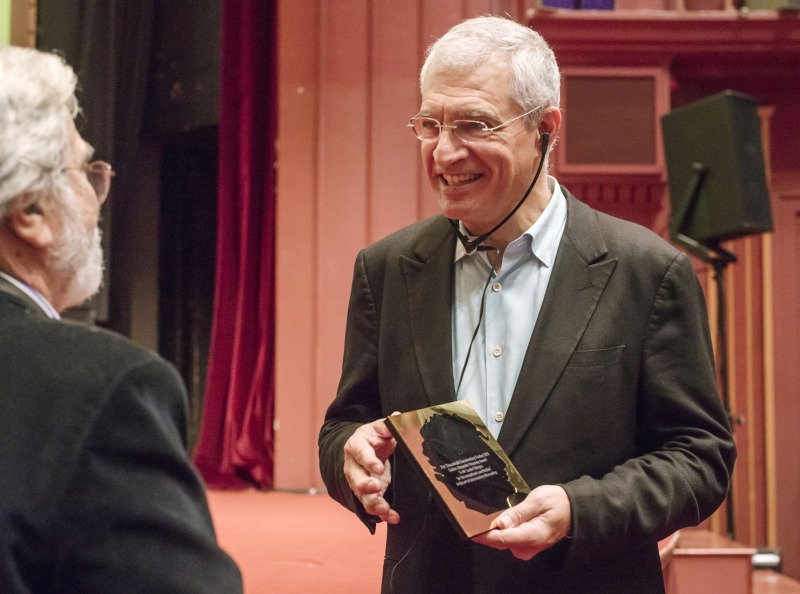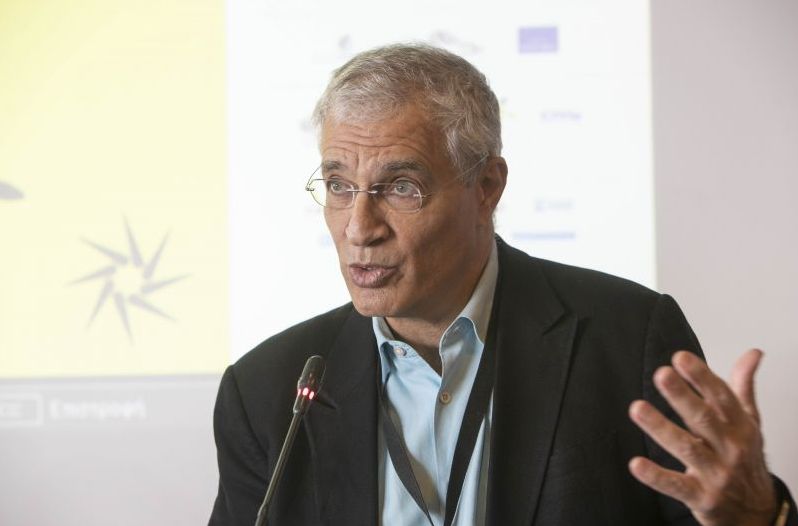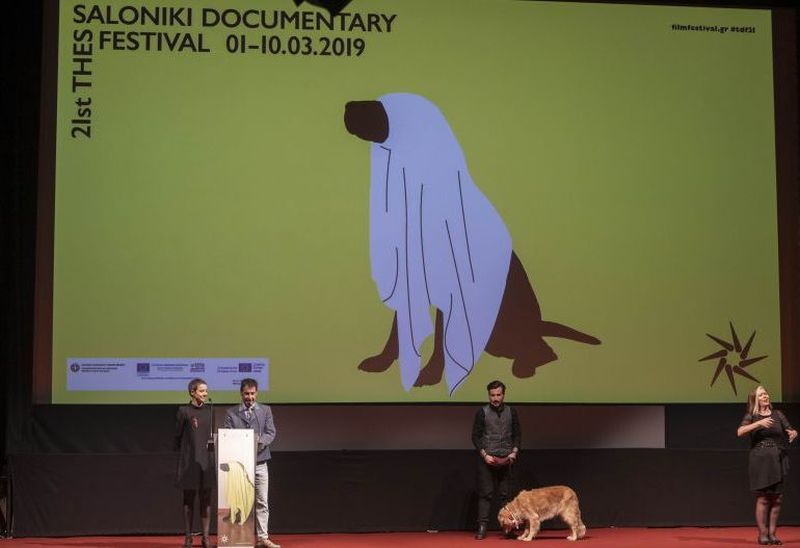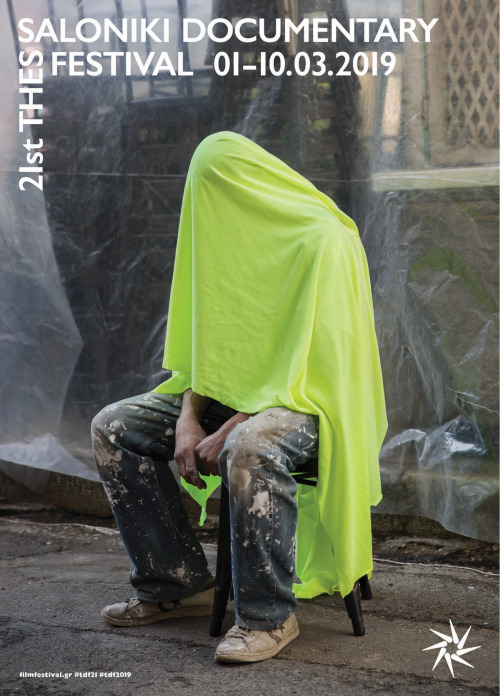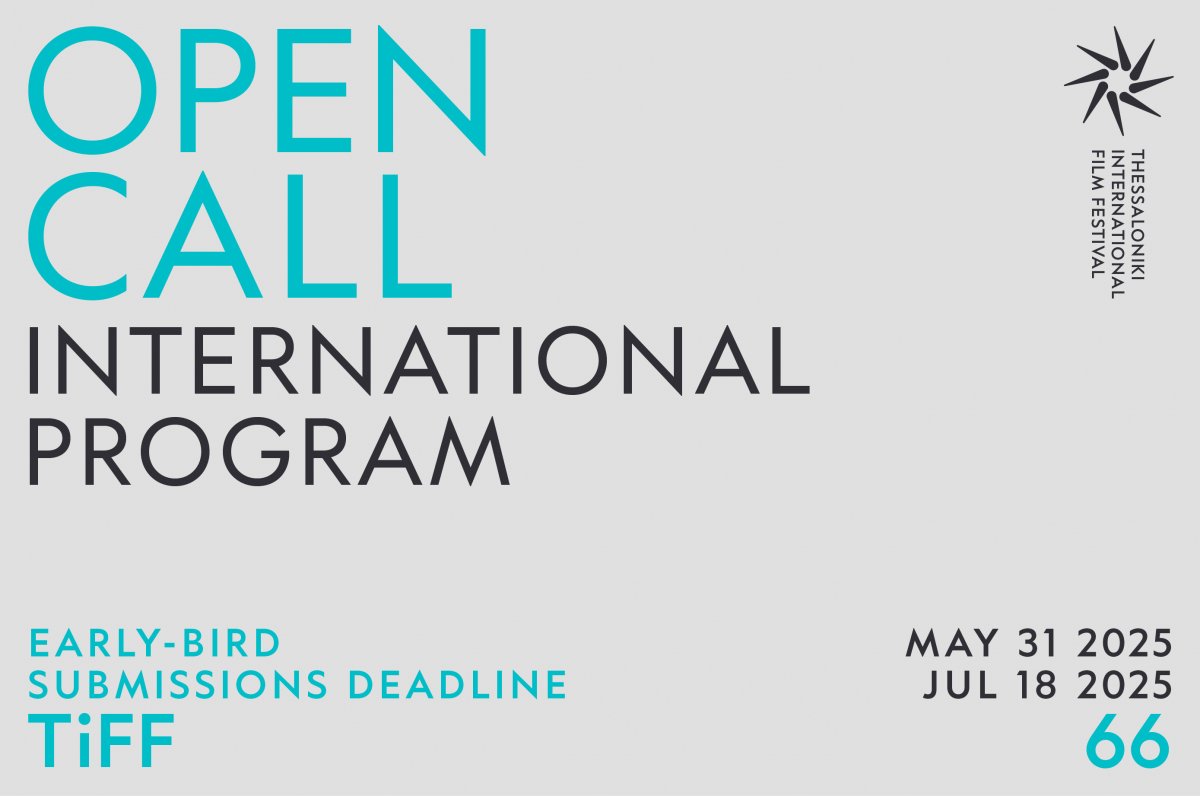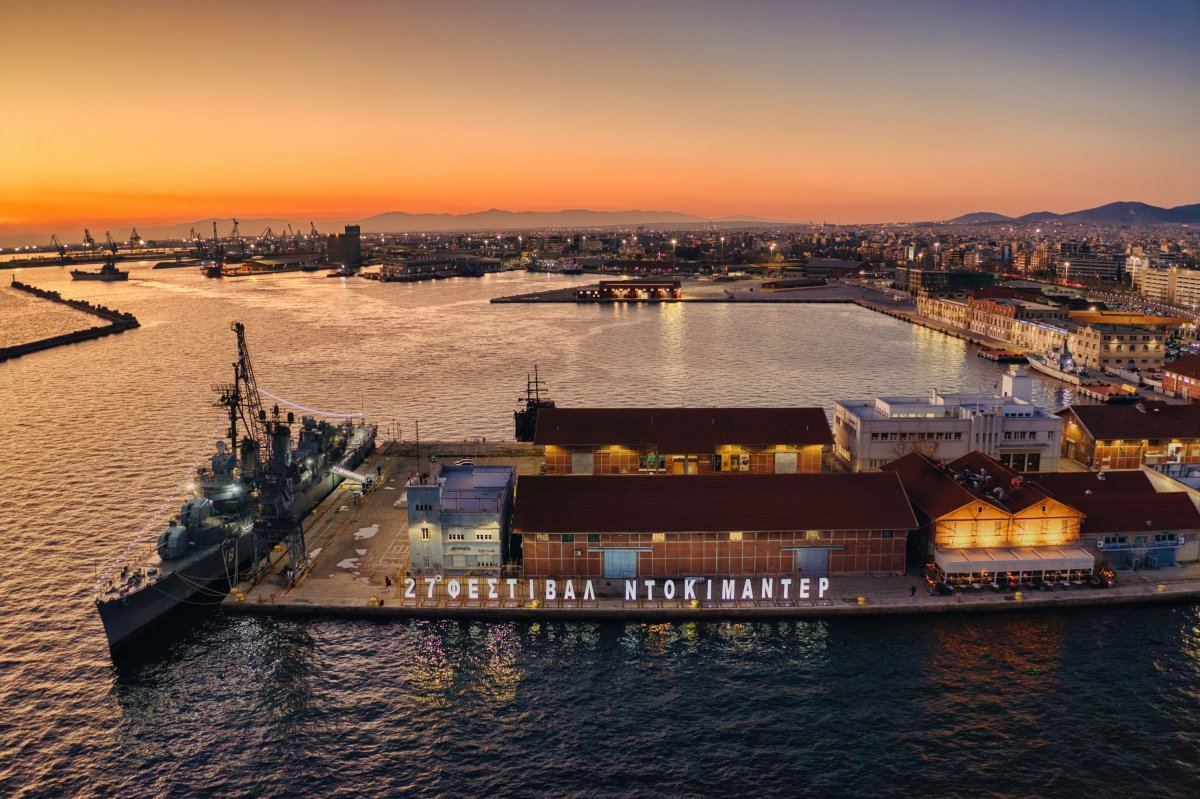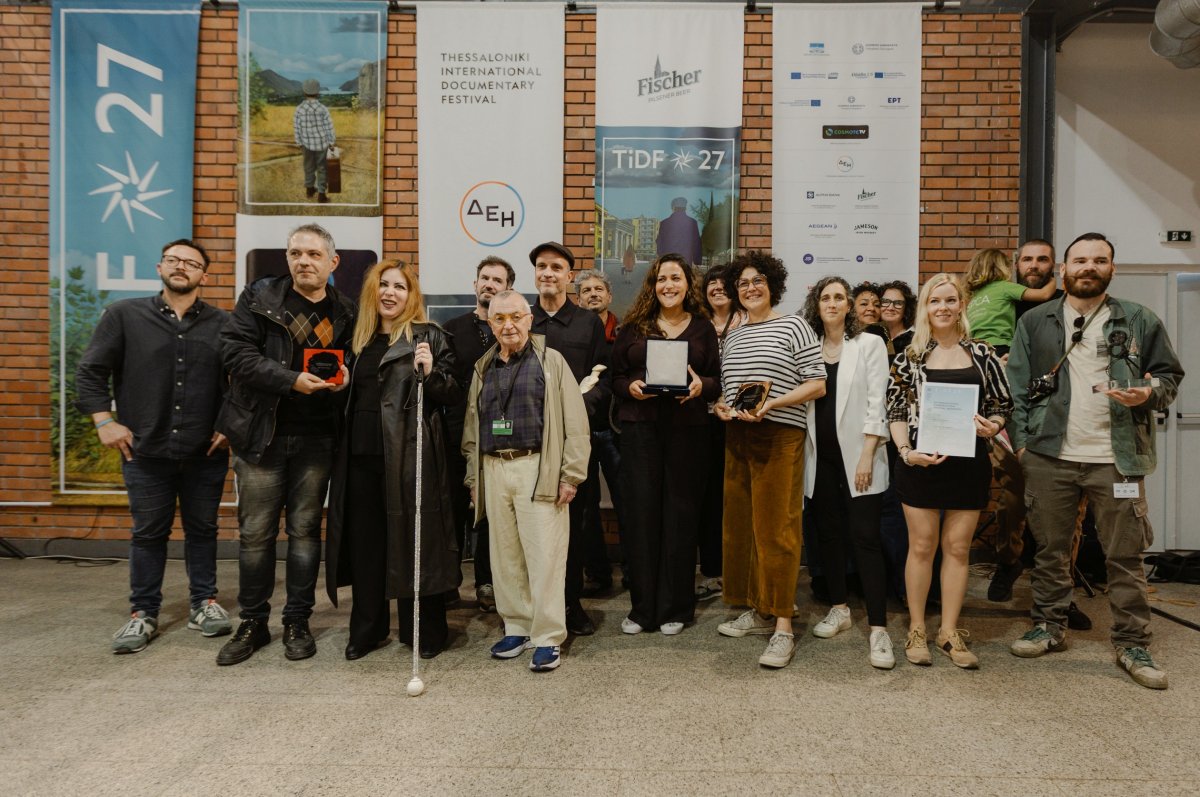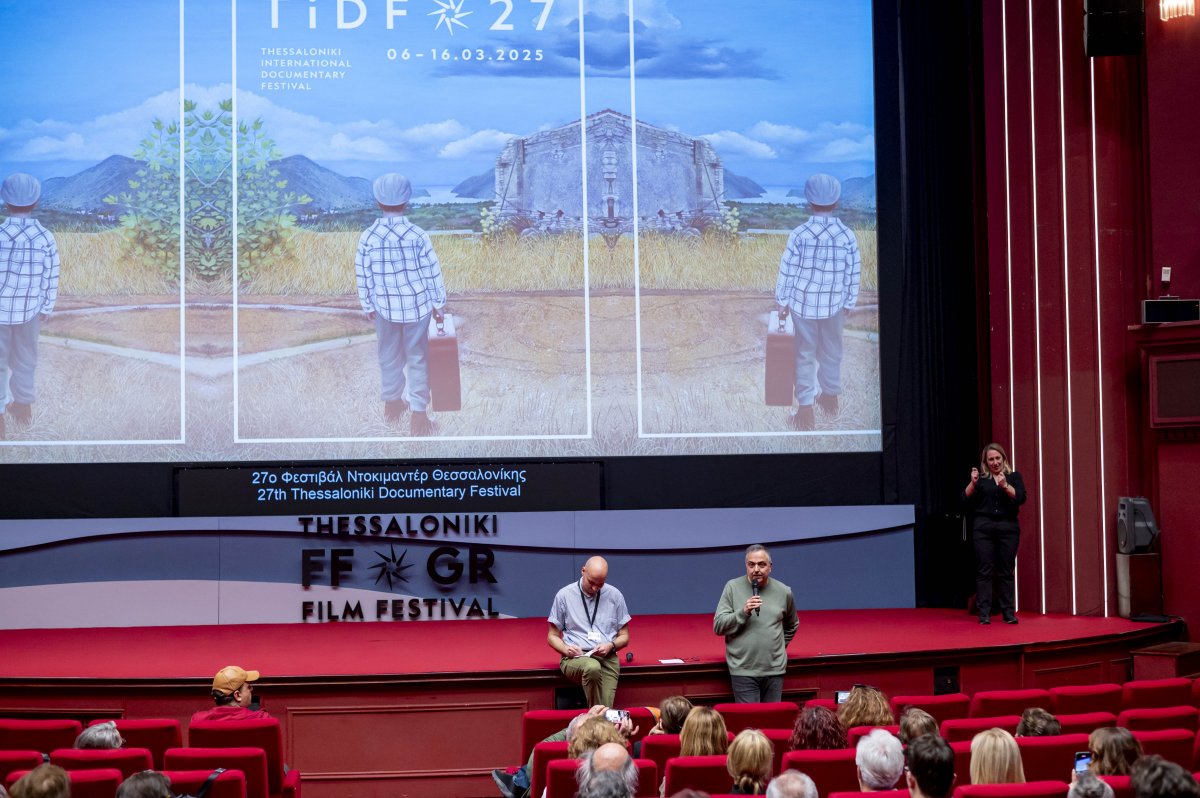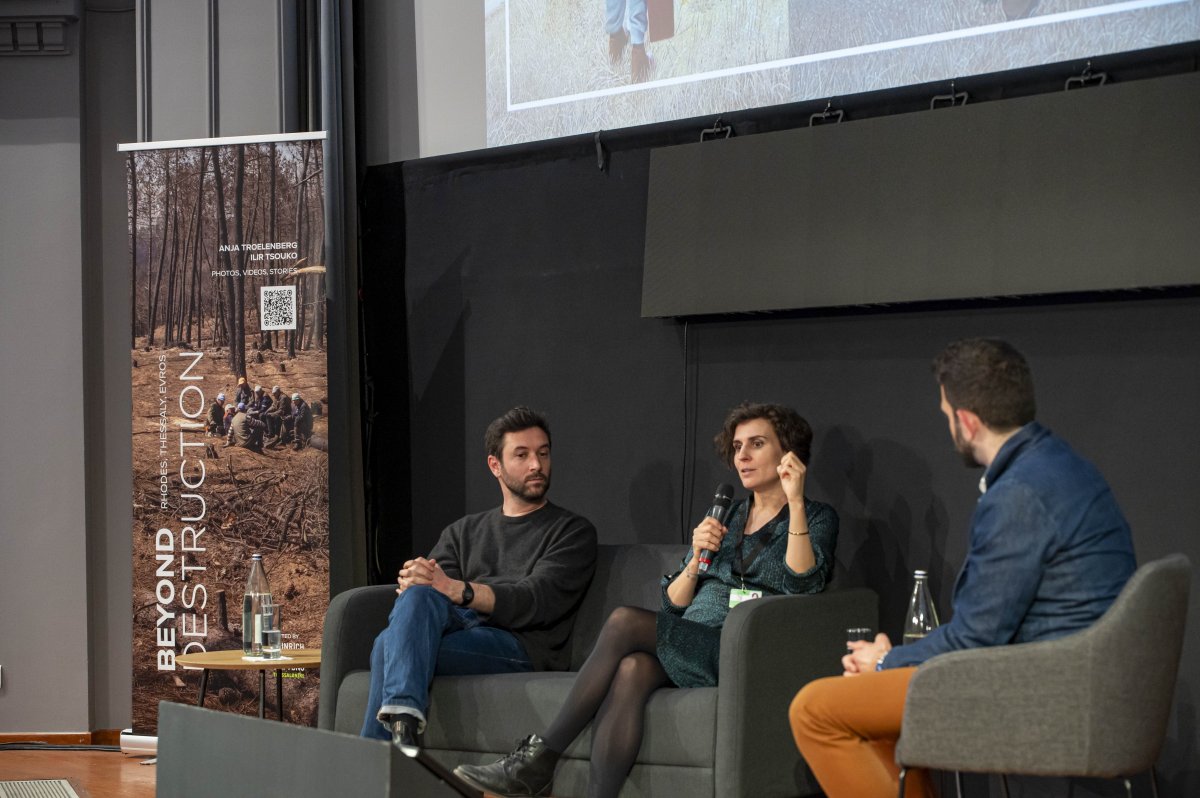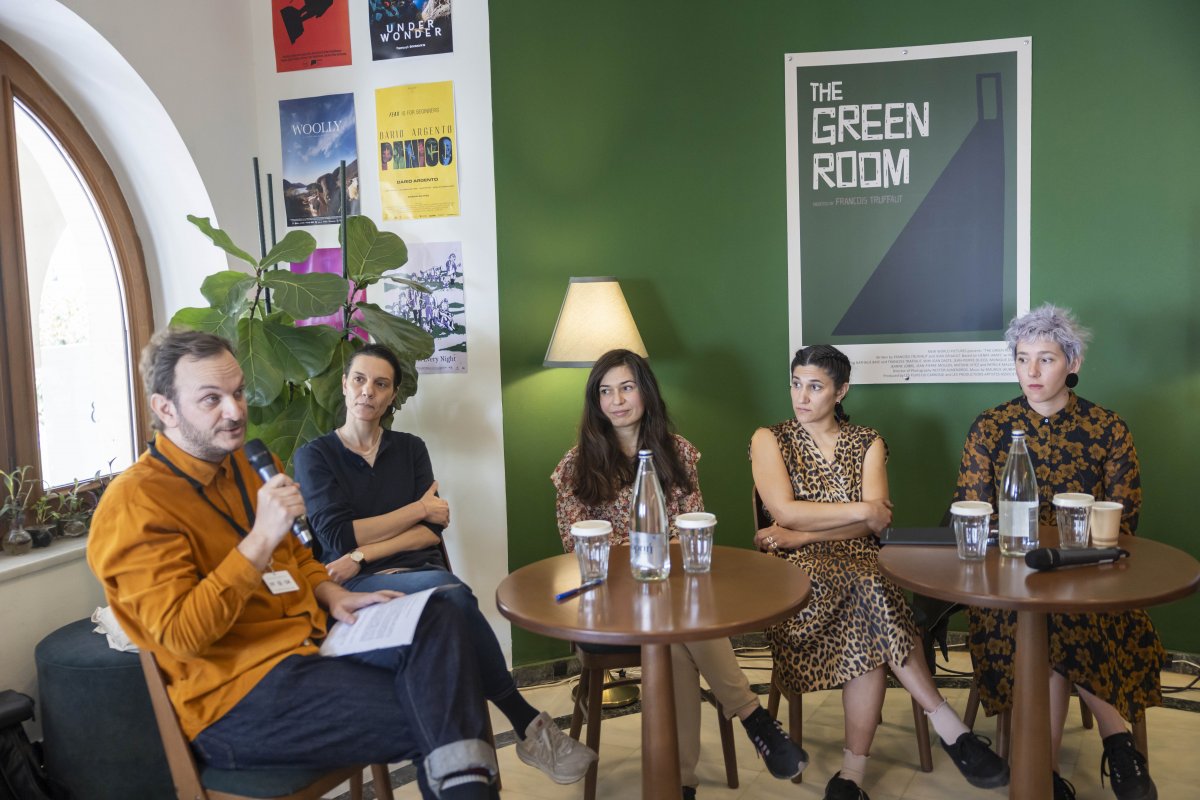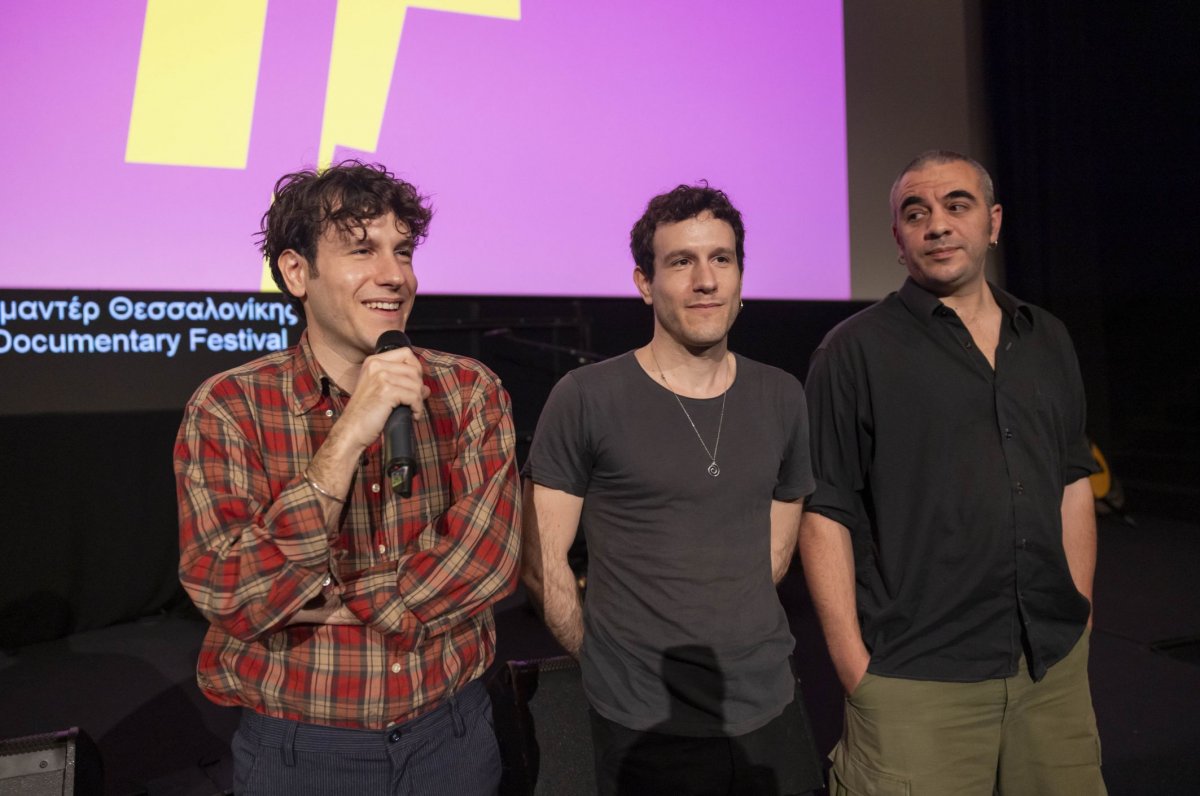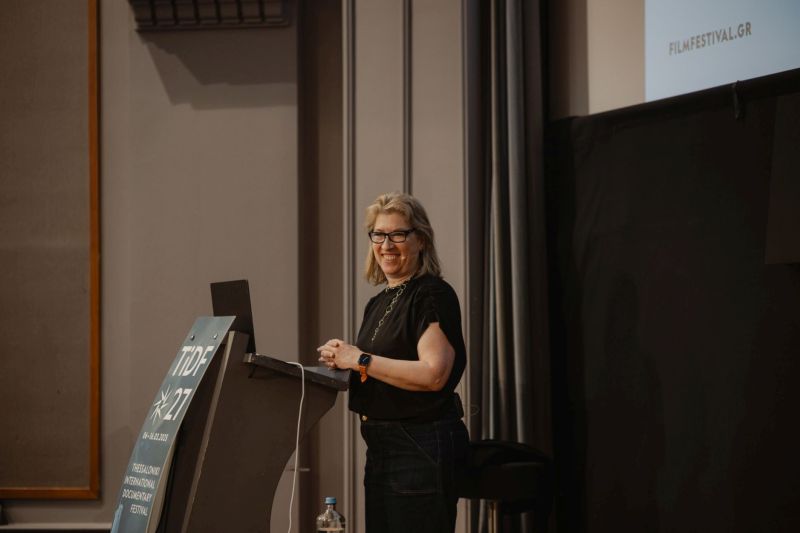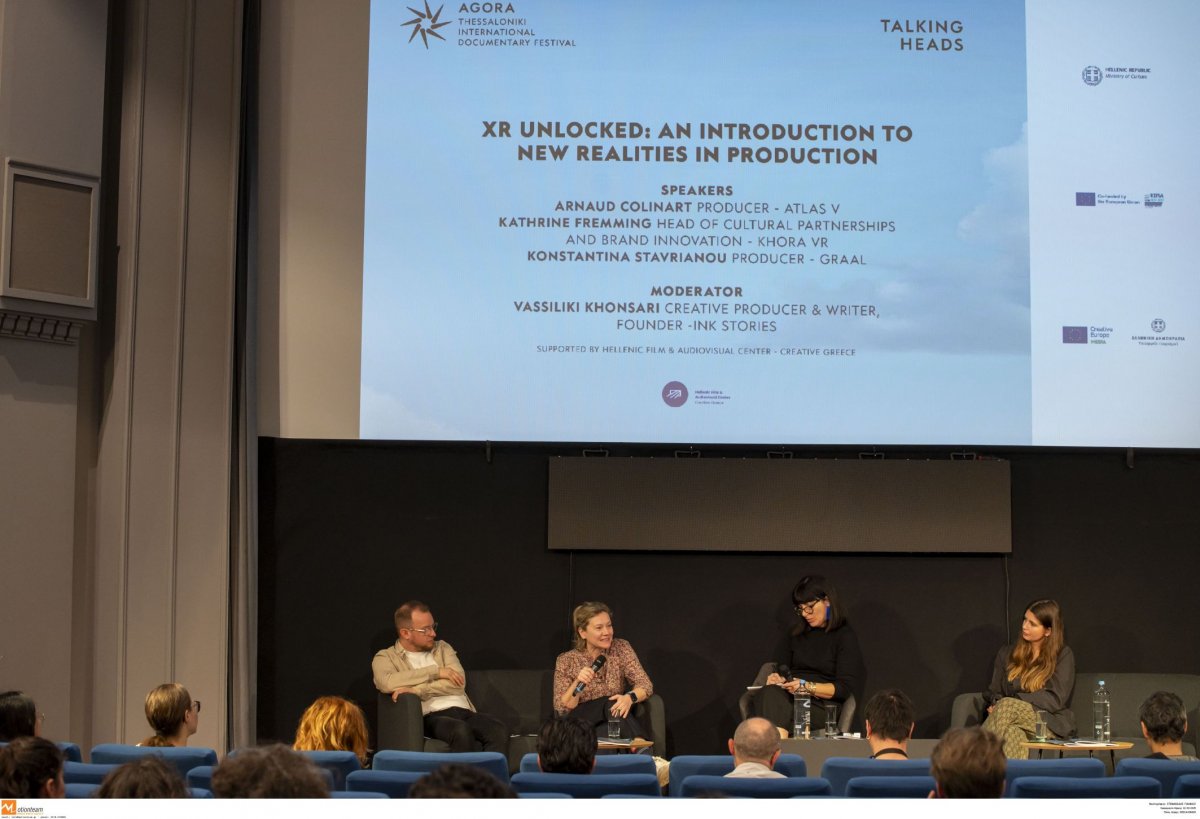21st THESSALONIKI DOCUMENTARY FESTIVAL [1-10/3/2019]
“Passages”: a participatory workshop about refugees
A novel participatory workshop entitled “Passages” took place on Sunday, March 3rd 2019 at the Center for Lifelong Learning of the Municipality of Thessaloniki, as part of the 21st Thessaloniki Documentary Festival.
The project is organized by the UN Refugee Agency (UNHCR) in collaboration with the Hellenic Theatre/Drama & Education Network (TENet-Gr) with the support of Thessaloniki Municipality and the Thessaloniki Documentary Festival. “Passages”, the first part of the project “It could be me - It could be you” is an awareness-raising project about human rights and refugees which, coupled with this year’s documentaries on refugees at the TDF, aims at giving the audience a better chance to understand the issue.
“Passages” is a simulation game which allows participants to experience the extremely harsh conditions that refugees face in their effort to find shelter in another country. The theatrical methods used in this workshop engage participants physically, emotionally and mentally in the representation of refugee transition from their everyday lives to the hardship of war and social-political persecutions, their journey from home to a new environment which is rarely friendly, the challenges of bureaucracy and all possible dangers they may face.
In particular, during the workshop, with Ioanna Mitsika, a member of the Hellenic Theatre/Drama & Education Network, in the role of trainer, the participants split into teams in order to form the refugee “families” that would take part in the game and get acquainted with their roles. Blindfolded and separated from their “families”, the players dispersed in the room of action, defining their relationships and their everyday lives at home. This process was violently interrupted by a bomb attack or a social-political persecution, etc. Now they had to find their lost “family” members and reunite. Then the families-teams had to deal with the hardships that refugees face: they had to find shelter to protect themselves from the hostile place they had got to, while on the next stage they fled to another country to seek asylum. Their adjustment to the new conditions was not in any way smooth. They had to deal with the long asylum process in the host countries, their contact with the locals, as well as the solutions they are forced to find in order to survive.
The participants realized the causes and consequences of uprooting, as well as the chain of events that lead refugees to other countries. At the same time, they embraced an attitude of acceptance towards refugees and were asked to think of possible solutions to their problems, particularly their integration into the host country. And finally they took solidarity action in order to raise awareness on their social circle -friends, family, local community- in favor of refugees.
“It could be me - It could be you” is an awareness-raising project about refugees and human rights using theatre and drama. It started in 2015 by UNHCR and the Hellenic Theatre/Drama & Education Network and it is accredited by the Greek Ministry of Education and the International Drama/Theatre & Education Association.
Every two seconds, one person is forcibly displaced as a result of conflict or persecution and human rights violations. A post-World War II high of 68.5 million people around the world was forced from their homes as of the beginning of this year.
The second part of the project entitled “The Multicolored Immigration of the Butterfly” will take place on Wednesday March 6th 2019 (18:00) at the café “I Prigipos” (22, Apostolou Pavlou Str), again as part of the 21th Thessaloniki Documentary Festival. It is an interactive forum theatre performance on issues of solidarity, acceptance of others and combating xenophobia, putting the participants before personal and social stances, ideals, desires and responsibilities.


